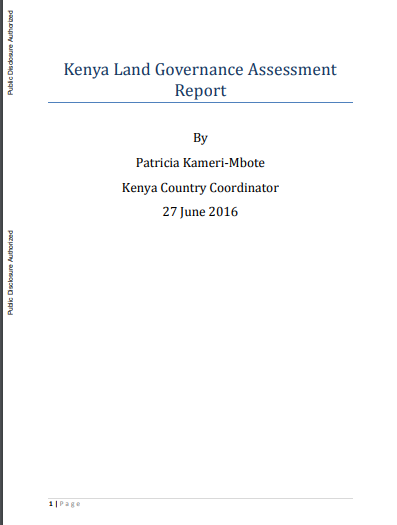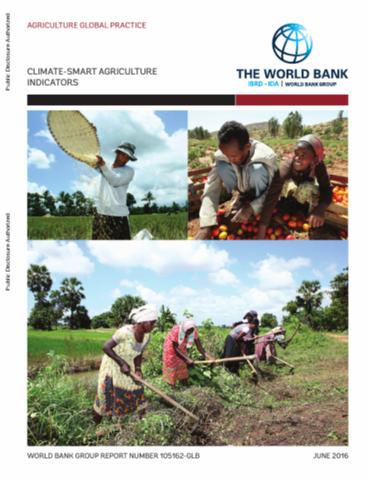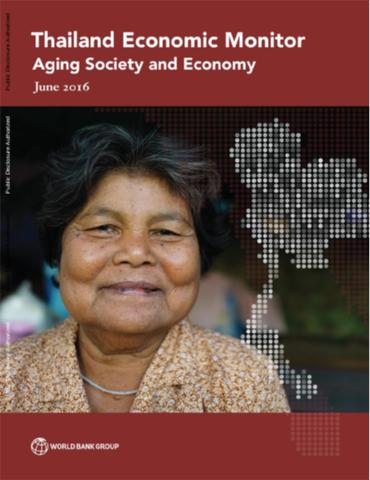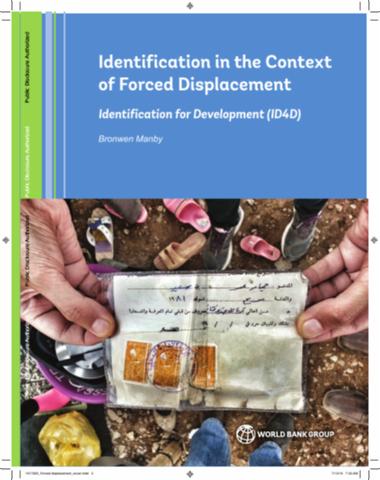The World Bank is a vital source of financial and technical assistance to developing countries around the world. We are not a bank in the ordinary sense but a unique partnership to reduce poverty and support development. The World Bank Group has two ambitious goals: End extreme poverty within a generation and boost shared prosperity.
- To end extreme poverty, the Bank's goal is to decrease the percentage of people living on less than $1.25 a day to no more than 3% by 2030.
- To promote shared prosperity, the goal is to promote income growth of the bottom 40% of the population in each country.
The World Bank Group comprises five institutions managed by their member countries.
The World Bank Group and Land: Working to protect the rights of existing land users and to help secure benefits for smallholder farmers
The World Bank (IBRD and IDA) interacts primarily with governments to increase agricultural productivity, strengthen land tenure policies and improve land governance. More than 90% of the World Bank’s agriculture portfolio focuses on the productivity and access to markets by small holder farmers. Ten percent of our projects focus on the governance of land tenure.
Similarly, investments by the International Finance Corporation (IFC), the World Bank Group’s private sector arm, including those in larger scale enterprises, overwhelmingly support smallholder farmers through improved access to finance, inputs and markets, and as direct suppliers. IFC invests in environmentally and socially sustainable private enterprises in all parts of the value chain (inputs such as irrigation and fertilizers, primary production, processing, transport and storage, traders, and risk management facilities including weather/crop insurance, warehouse financing, etc
For more information, visit the World Bank Group and land and food security (https://www.worldbank.org/en/topic/agriculture/brief/land-and-food-security1
Resources
Displaying 336 - 340 of 4907Regenerating Urban Land
Regenerating Urban Land draws on the experience of eight case studies from around the world. The case studies outline various policy and financial instruments to attract private sector investment in urban regeneration of underutilized and unutilized areas and the requisite infrastructure improvements. In particular, each case study details the project cycle, from the scoping phase and determination of the initial amount of public sector investment, to implementation and subsequent leveraged private-sector funds.
Kenya - Land governance assessment report (English)
The Land Governance Assessment Framework (LGAF) is a diagnostic tool to assess the status of land governance at country level using a participatory process that draws systematically on existing evidence and local expertise rather than on outsiders.
Climate-Smart Agriculture Indicators
There is by now substantial consensus within the development community over the need for a more climate smart agriculture, which consists of three defining principles: enhancing agriculture’s resilience to climate change, reducing agricultural green-house gas emissions, and sustainably increasing production. With 795 million people still not getting their minimum dietary requirements, there is little scope for trade-offs between increasing production and improving agriculture’s environmental impacts.
Thailand Economic Monitor, June 2016
The Thai economy shows signs of a nascent recovery but faces challenges on the path toward a broad-based and sustained recovery. The Thai economy accelerated to 2.8 percent in 2015, compared to 0.9 percent in 2014, partly on the basis of government consumption and investment, and partly on declining imports. Tourism and private consumption have mildly recovered, whereas merchandise exports dropped in the last quarter of 2015.
Identification in the Context of Forced Displacement
Lack of identity documents is an important obstacle to the protection of people forced to leave their homes by conflict, persecution, or natural disaster. At the most basic level, a person lacking identity documents cannot travel through the legal channels. Lack of identification can make people more vulnerable to trafficking, for example by making it more difficult to prove a person’s age or family relationships. Those who lack identity documents may face greater difficulties proving their entitlement to nationality or to refugee status.










